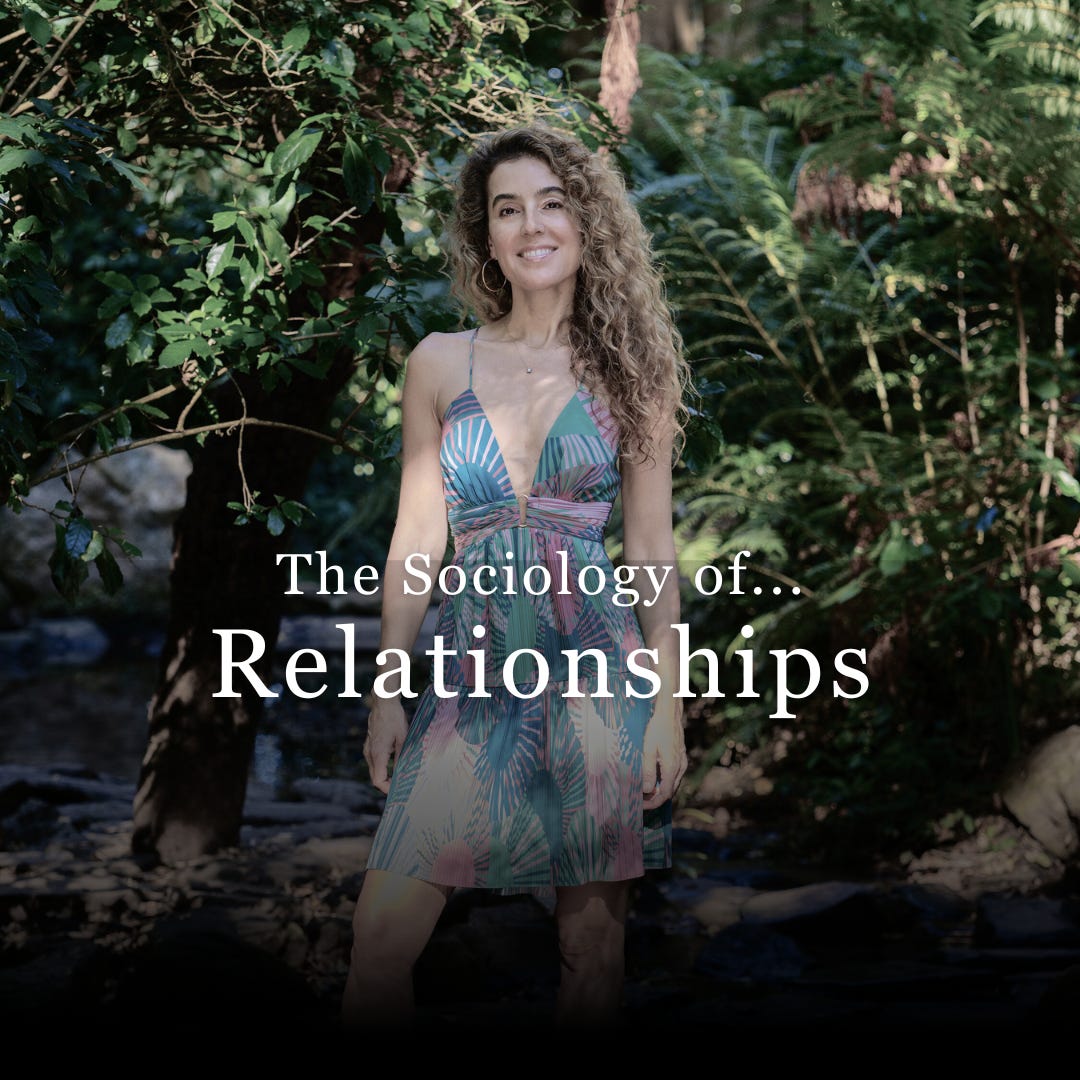The Gist of It: Making the theoretical / data-driven / joyful case for relationships
The What and the Why
Let’s start with an uncomfortable truth: Relationships are hard. Period. That’s not to say they should be painful and entirely unpleasant. But partnering with another human being who has a unique set of needs / wants / desires / preferences / issues, who inhabits a different body with a different perspective and a different family and a different set of life experiences — well, it’s a wonder anyone ever partners in the first place. That’s how challenging it can be to sync all of those variables into some sort of semi-harmonious working order. So, yes, relationships are hard. But as we began discussing last month in the first part of this two-part series, dating is a worthy pursuit because it leads to relationships, and relationships (as the data below will show) make a big, positive difference in our lives.
So, assuming you agree on the necessity of dating to get to the relationship part, you might then find yourself partnered and wonder: Wasn’t finding the person the hard part? Shouldn’t this next phase come naturally? Shouldn’t I just know how to have a relationship? Is there something wrong with me for feeling so inept? Why does my relationship seem more complicated / troublesome than all these seemingly perfect couples around me?
The answer, of course, is no, you shouldn’t just know how to do this, there’s nothing wrong with you for not innately knowing, and other people’s relationships are every bit as messy — they just hide it well.
Relationship Data
(All of this comes from Pew Research in the last 5 years and is focused on the U.S.)
69% of Americans say they are married / living with a partner / in a committed romantic relationship.
25% of 40-year olds have never been married — a record high (and most of those are also not with a domestic partner).
Unpartnered adults tend to fare worse on economic, social, and health indicators — however, there are notable differences here between men and women, with unpartnered men faring worse than unpartnered women.
The number of unpartnered adults age 25-54 is growing most amongst men: 39% of men vs. 36% of women. Men outnumber women in total percentage of unpartnered adults, except amongst Black adults, where 62% of women and 55% of men are unpartnered.
Around ⅓ of unpartnered men live with a parent, compared with ¼ of unpartnered women (and not just the youngins: even amongst unpartnered men age 40-54, 20% live with a parent).
Amongst singles, reasons they give for not wanting a relationship: around half say they have other priorities and/or like being single; around 20% say they haven’t had any luck or are too busy; and between 11-17% say they are not ready, too old, have health problems, or think no one would want them.
Married individuals report significantly higher satisfaction levels (58%) than partnered adults who are just living together (41%). That’s a sizable difference. The married couples report higher trust levels around everything from fidelity to money, better communication, and satisfaction with their spouse’s work / life balance. The only category in which there was no marked difference was in their sex lives: a third of both married couples and cohabitators report they are “very satisfied” with their sex lives (though that number goes up to 45% amongst married couples under 30). [Unsurprisingly, satisfaction around the household division of labor varies more between gender than marital status — I’ll let you guess how that skews.]
78% of married people say their spouse is the closest person to them, compared to just 55% of those living with a partner (13% of cohabitators said it was their mother), indicating a marked difference in the depth of ties between married and cohabitating.
So what do the numbers tell us? We’re having fewer relationships in general and, for the most part, it isn’t working in our favor. And, whether we like the idea of legal marriage or not, there is a direct correlation between the level of commitment in the relationship and overall satisfaction.
The Sociological Hot Take
Keep reading with a 7-day free trial
Subscribe to The Sociology of...Everything to keep reading this post and get 7 days of free access to the full post archives.





